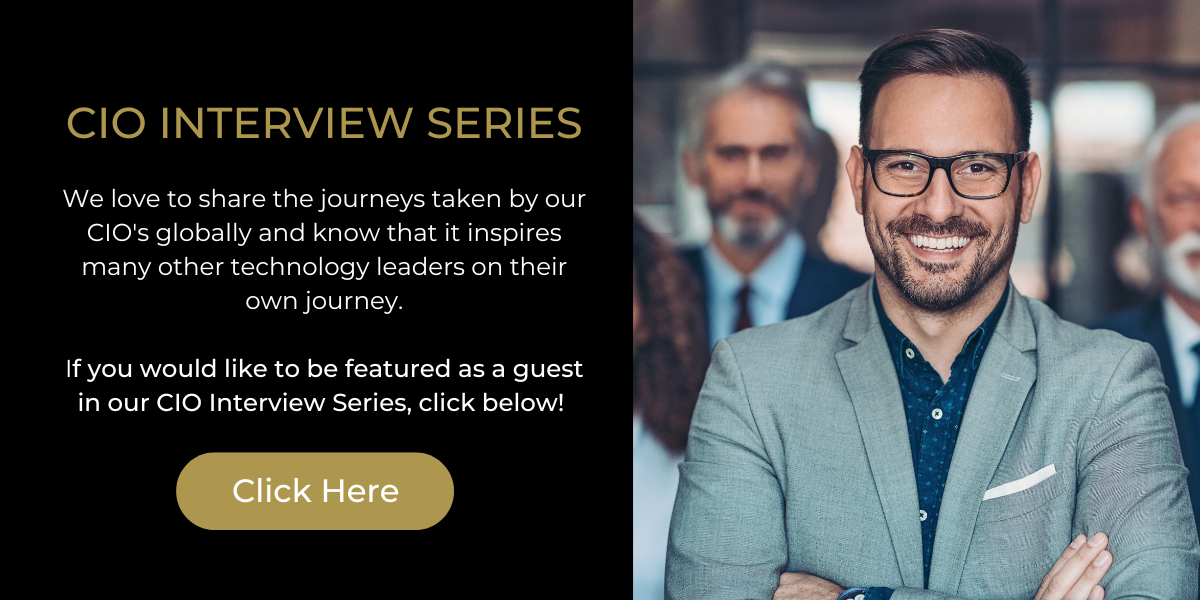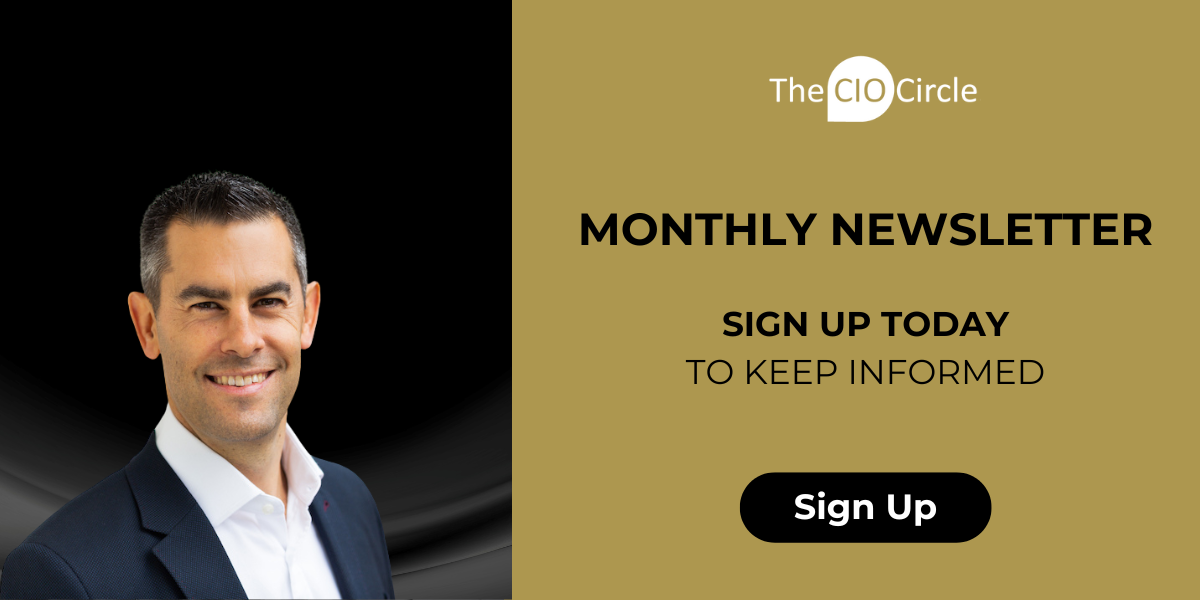Chief Data Officer at Gridserve Sustainable Energy
Can you please provide a little introduction about yourself
I am based in the South East of England near London, and have spent most of my professional career here. I've worked as an interim CTO and consultant for the last several years, specializing in digital transformation and helping companies prepare for investment and scale.
I am currently the Chief Data Officer at Gridserve leading a data-led transformation to become a platform company.
What has your journey to your position been like? What path have you taken?
I started out as a consultant with Deloitte and got to work on many exciting projects. I have been heavily focussed on data from an early stage, build large-scale telco network modelling applications that provided customer and product profitability visibility.
I then worked for a series of start-ups and worked my up through engineering and into architecture and then leadership roles. After the 2008 financial crisis, I became a contractor, and through a series of transformation roles became a CTO.
Most recently I have been working with a US-based company called Crosslake that specialises in advising Private Equity investors with diligence work and creating value-creation plans.
I now work for Gridserve as a CDO and I'm building out a team and scalable data architecture that will help support their ambitious growth plans.
Has it always been your vision to reach the position you’re at? Was your current role part of your vision to become a tech leader?
I have always enjoyed working with data and analytics. didn't originally see myself progressing into leadership roles. I was happy with the technology and wanted to become as good as could be with that, so lots of coding in C, C++, Java, Javascript, SQL etc.
But then I started to realise that what gets built is as important as how to build it, and I became interested in product and agile. I led some transformations, and it was becoming more and more clear to talk to senior business stakeholders about what was being built and why was really important. People started to talk to me more and more about the business side of things, and I started focussing on those aspects more than coding and architecture.
I still know a lot about architecture and building large complex platforms, but I'm able to talk to CEOs and CFOs and help them through decision-making. A big part is the education about product management. Some people just get it, and some need some time to understand the trade-offs.
I did not see myself becoming a CDO in fact, but I wanted to become a CTO with a focus on data engineering. My current role is just that and I am designing and building a data platform.
Have you had a role model or mentor that has helped you on your journey?
I haven't had a single role model of mentor, but I have been lucky to work with and learn from many great CTOs, CFO, Revenue Officers, and CEOs in my journey as an interim/contractor.
I have always sought to learn from anyone who I can. Sometimes it has been someone more senior, and sometimes someone less senior who has an interesting specialisation or perspective.
I've got a lot out of working with Private Equity investors. This was always a great two-way conversation where my product mindset met the investors' critical thinking and value creation approach. It's something I re-use even when working with a company that may not be focussed on raising its valuation - the levels of value creation remain the same and can produce a very efficient and focussed company.
How do you see the role of the technology leader evolving over the next 5 years?
I think more companies are seeing technology and data as core strategic assets rather than cost centers as they have done in the past. Technology leaders are becoming more central to key decisions.
In the past, it was about getting things done well, on time and with minimal expense. Now we can add to that, as there are many more opportunities for top-line growth and augmenting the existing business model.
What skills do you think leaders of the future will need in order to thrive?
Future leaders need to be able to react and adapt to change very quickly. Four-year programmes are becoming out of the question, and the ability to release value quickly through change initiatives is important.
An understanding of AI is also needed. We'll be building less, but focussing more on innovation and strategy, while AI does the work of programmers. A key question is - now that engineers have cognitive assistive technologies, what can they think about and do to really make a difference? The way we mobilise our teams will change a lot, and we need to understand how we'll use our teams in new ways to create advantage and differentiation.
How do you keep current with new skills, technologies and personal development?
I attend talks and networking events. I also have a rich network of CTOs and I'm always keen to find out what they are doing or how they approach particular problems.
Although it isn;t my day job anymore I do like to code, and download new libraries to understand how they work and what potential they have.
I also read and blog.
What do you see as the next leap in technology that will impact your business or industry in particular?
AI has made incredible progress in recent years, and cognitive technologies will enhance the rate at which we innovate and produce new platforms.
In my current role I work with non-software / systems engineers who doing challenging engineering projects to roll out the electric charging network. The world of physical technology such as chargers, vehicles and batteries is also moving extremely quickly and they converge around data.
"Your job as a leader is not to be the best at everything, but to harness individuals' skills to enable the very best outcomes."
If you were mentoring a leader of the future, what advice or guidance would you give to help them on their way?
I'd tell them that technology is all about people coming together to solve hard challenges, and your job as a leader is not to be the best at everything, but to harness individuals' skills to enable the very best outcomes.
It also excites and supports people so they can find their own key strengths and make powerful contributions. If everyone in the team is good at the same things, it won't deliver well.
Is there anything in particular that you would still like to achieve in your career or what is the next step on your journey?
I honestly don't know! I'd love to take on larger leadership roles, or perhaps step into an adjacent C-Suite position. I'd also be interested in doing more NED and advisory work in the future.
But I'm happy with how things have worked out so far. I appreciate there is still another 15-20 years left in my career, and I may have to make a plan about that! But I haven't had a plan so far, I just kept finding interesting challenges I thought I'd enjoy (and I did!)
If you could change one thing in the world, what would it be?
Apart from world peace ...... I think there is a massive potential for the UK to be a more dominant worldwide digital leader. I think we need to build digital skills more, and from an earlier age.
A big thank you to Paul Whiteside from Gridserve Sustainable Energy for sharing his journey to date.
If you would like to gain more perspective from Tech Leaders and CIOs you can read some of our other interviews here.
August 2, 2023


